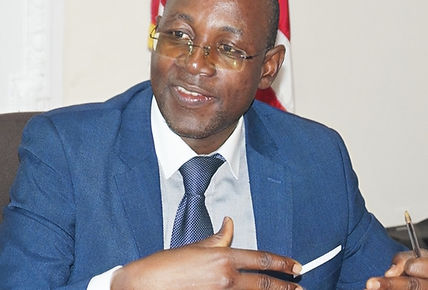
The Rich History of
Burkina Faso
Maintaining close ties with our motherland, the Association of Burkinabe in Nebraska hosts community events to spread the word about the dynamic history of Burkina Faso. To learn more about Burkina Faso and the economic struggles of its citizens, please don’t hesitate to get in touch with us.

Flag of Burkina Faso

Burkina Faso in West Africa

Location and population
Situated in West Africa and populated by over 17.3 million people, Burkina Faso is approximately 274,200 square kilometers in size. Neighbored by Mali, Niger, Benin, Togo, Ghana, and the Ivory Coast, the nation is entirely land-locked. Burkina Faso is a multilingual country, with residents speaking as many as 69 different languages. Its capital city, Ouagadougou, boasts a population of almost 1.5 million people and is renowned for its vibrant culture and open air markets.
Climate
Characterized by its tropical climate, Burkina Faso, like many African nations, has both a rainy season and a dry season. During the dry season, a hot wind known as the Harmattan sweeps the country. The rainy season lasts from May to September in all but the north of the country, where the season is shorter, and encompasses between 600 and 900mm of rainfall. Its 3 climatic zones are known as the Sahel, the Sudan-Sahel, and the Sudan-Guinea.
Economy
An agriculture-based economy, Burkina Faso grows cotton, sorghum, pearl millet, maize, peanuts, rice, and cotton. Ranked highly as an investment-safe developing economy, the country has an estimated GDP of $13 billion ($790/capita). A part of the West African Monetary and Economic Union, Burkina Faso uses the CFA Franc for its currency.
Burkina Faso boasts a ranking as the 4th largest gold producer in South Africa thanks to its prolific mining sector. In addition to gold, the country’s mines produce copper, iron, manganese, and phosphates. A huge national employer, the mines are largely responsible for Burkina Faso’s economic development.

History
Originally known as Upper Volta, Burkina Faso’s earliest population came between 14,000 and 5,000 BC. Known as the Yonyonse, these early inhabitants were pushed out between 10 and 11 BC by the Mossi tribes. Originating from neighboring Ghana, the Mossi rapidly developed a powerful military kingdom out of the hunter-gatherer state. Surviving until the late 19th century, the Mossi divided Burkina Faso into a number of kingdoms, including Wagadogo, after which Burkina Faso’s capital city is now named, and Yatenga.
Defeated by the French military, Burkina Faso was colonized in 1896, remaining under European control until finally regaining its independence in 1960. Reborn as the Republic of Upper Volta, the region suffered through a series of military coups as a new nation. In 1983, Burkinabe military captain, Marxist revolutionary, and Pan-African theorist Thomas Sankara gained power and became president.
It was Sankara who changed the name of Upper Volta to Burkina Faso, meaning "the country of honorable people." Widely regarded as a promising and charismatic leader, Sankara’s revolutionary programs for African self-reliance made him an icon to Africa's poor.
In 1987 a French-backed coup overthrew and assassinated Sankara, targeting him because of his revolutionary ideals. In his place, Captain Blaise Compaore came into power.
In 1991, the dissatisfied populace drafted a new constitution, holding countrywide elections that helped to form the stable coalition government that changed the course of Burkina Faso’s history.
In 2014, a series of demonstrations and riots in protest of president Compaoré’s attempts to alter the constitution to allow himself to run again culminated in his resignation. In his place, Acting interim President Michel Kafando lead the country to the new presidential 2016 electected president Roch Marc Christian Kaboré.
A population-dense country with limited natural resources, a majority of Burkina Faso’s citizens live in poor economic conditions. Despite improvements in health and sanitary accommodations, the country remains generally poor, particularly in rural areas. With the second highest illiteracy rate on the planet, Burkina Faso still has a long way to go before achieving the prosperity and stability that its hardworking citizens deserve.
_edited.png)

Chargé d'Affaires Burkina Faso in washignton DC
BOUDA Edouard